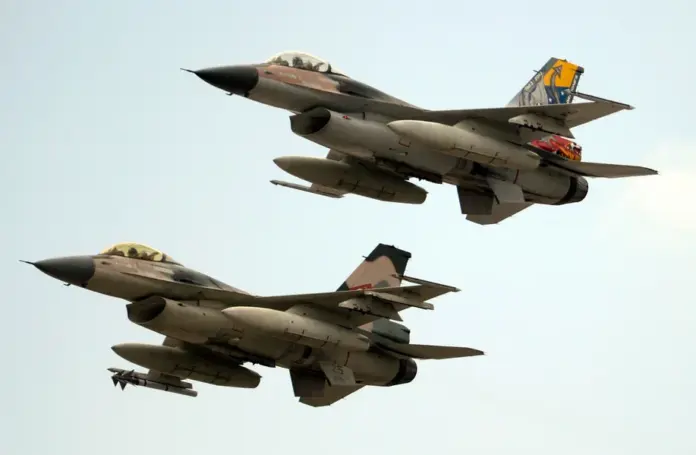In a tense geopolitical moment, Venezuela has accused the United States of committing an “illegal incursion” into its controlled airspace, just 75 kilometers off its coastline. Far from an isolated event, this incident follows the recent deployment of U.S. warships in the Caribbean and represents, for Caracas, the latest move in what it views as an orchestrated campaign of intimidation.
Aerial Provocation on the Edge of Sovereignty
According to a joint statement from Venezuela’s Ministry of Defense and Foreign Affairs, five American fighter jets allegedly approached Venezuelan airspace earlier this week. Defense Minister Vladimir Padrino Lopez confirmed that the country’s aerial defense system had detected the aircraft. While Caracas did not explicitly confirm whether its airspace was breached, the accusation of an “illegal incursion” leaves little room for ambiguity.
“This maneuver is a provocation that threatens national sovereignty and violates international law and the Chicago Convention on Civil Aviation,” the statement read.
The Venezuelan government called on Washington to cease what it termed a “reckless, adventurist, and bellicose attitude” that it claims endangers regional stability.
Trump Declares Armed Conflict Against Narco Cartels
Amid this spike in tensions, President Donald Trump escalated the rhetoric by formally declaring that the United States is engaged in an “armed conflict” with drug cartels. In a letter from the Pentagon to Congress, the administration justified recent military actions in the Caribbean, including the destruction of four alleged “narcoterrorist” vessels that resulted in at least 17 deaths.
The U.S. claims that President Nicolás Maduro heads a vast drug trafficking operation targeting American shores. In August, the U.S. Justice Department doubled the reward for Maduro’s capture to $50 million.
However, this narrative raises constitutional and legal questions. American legal scholars point out that only Congress has the power to declare war. Labeling these military operations as part of an “armed conflict”—without Congressional approval—may breach the U.S. Constitution.
White House spokesperson Anna Kelly defended the actions, stating that President Trump was acting within the framework of the law of armed conflict to protect the nation from “those who seek to poison our people.”
Venezuela Mobilizes in Response
Caracas categorically rejects the drug trafficking accusations, calling them a geopolitical pretext to depose Maduro and seize Venezuela’s oil wealth—the largest proven reserves in the world. In response, the Venezuelan government has launched military exercises, mobilized reservists, and activated militia units.
This episode, far from being an isolated event, reflects a strategic chess game in the Western Hemisphere, where U.S. pressure—cloaked in anti-narcotics language—pursues goals long deemed off-limits by conventional diplomacy.
A Dangerous Drift Toward Open Hostilities
The sighting of U.S. fighter jets near Venezuela is not a simple military coincidence. It is a signal—loud and clear—of the narrowing margin between aggressive containment and undeclared war. By invoking drug cartels, Washington creates a flexible enemy, unbounded by geography or law, offering justification for operations anywhere, anytime.
Venezuela, already under crippling sanctions and chronic economic distress, now faces the reality of a military threat on its doorstep. For all parties involved, the temptation to escalate is growing—and the mechanisms for de-escalation are withering.



